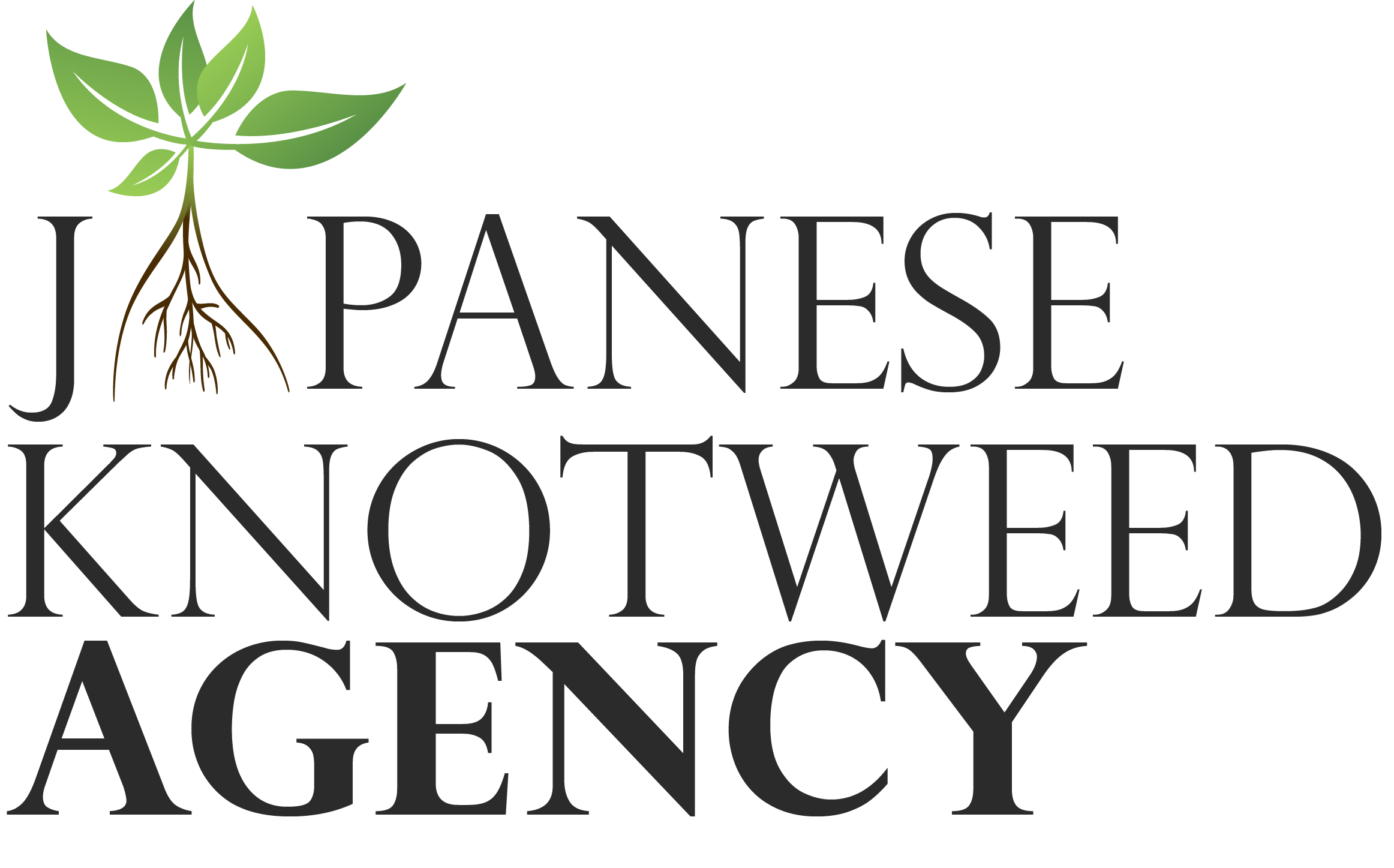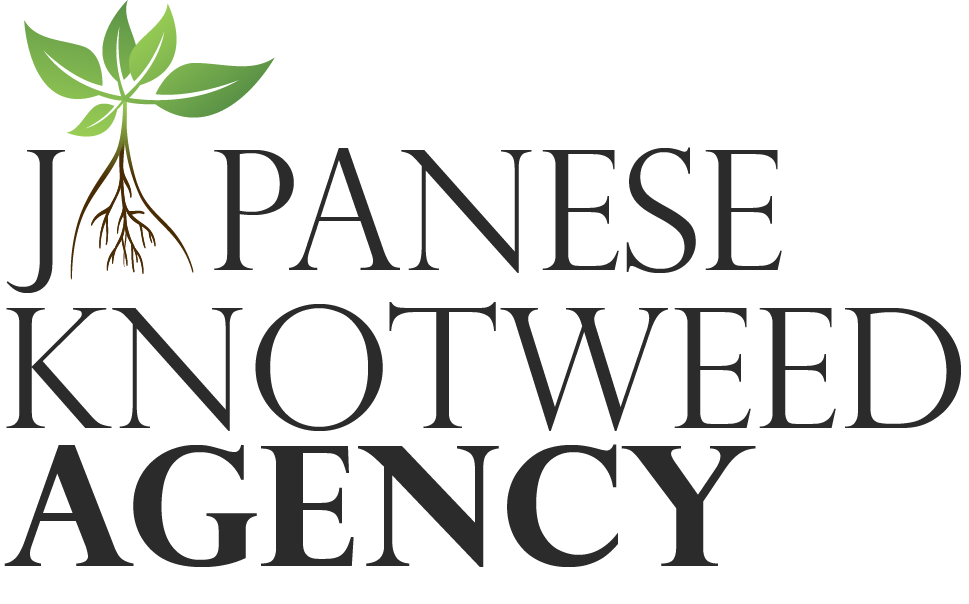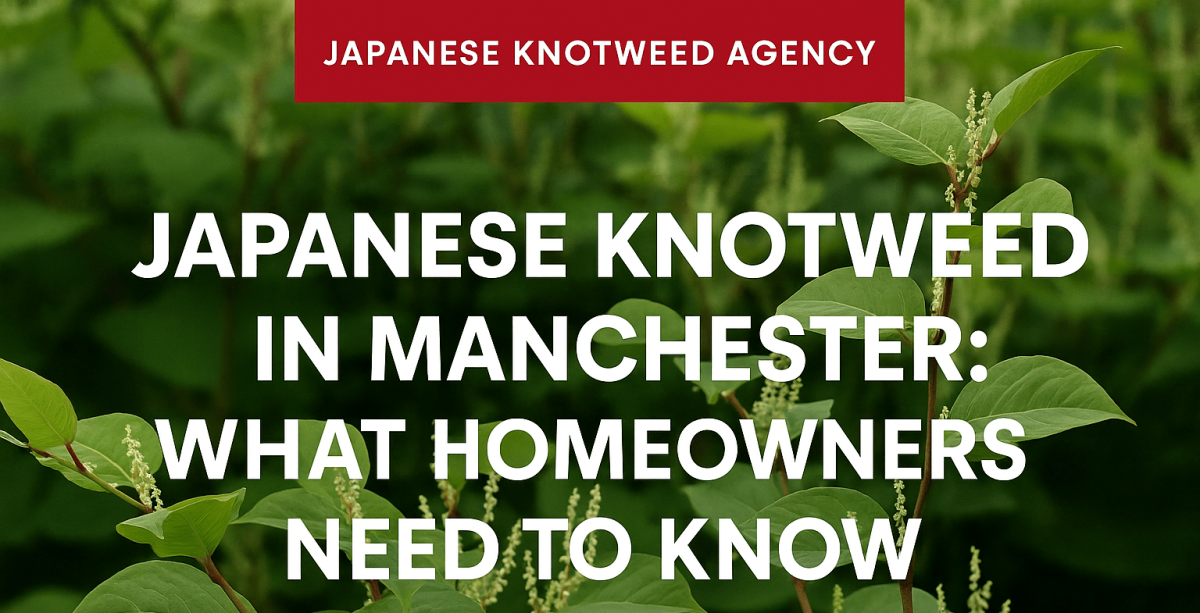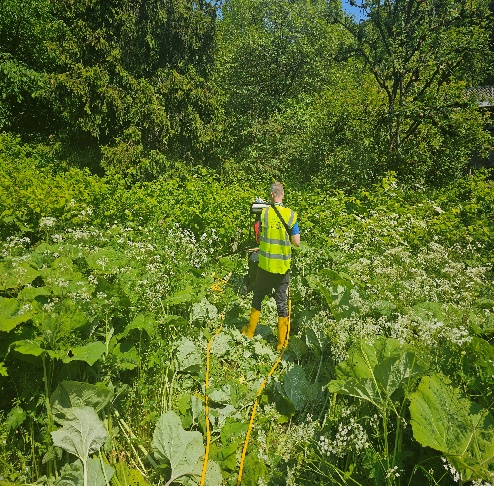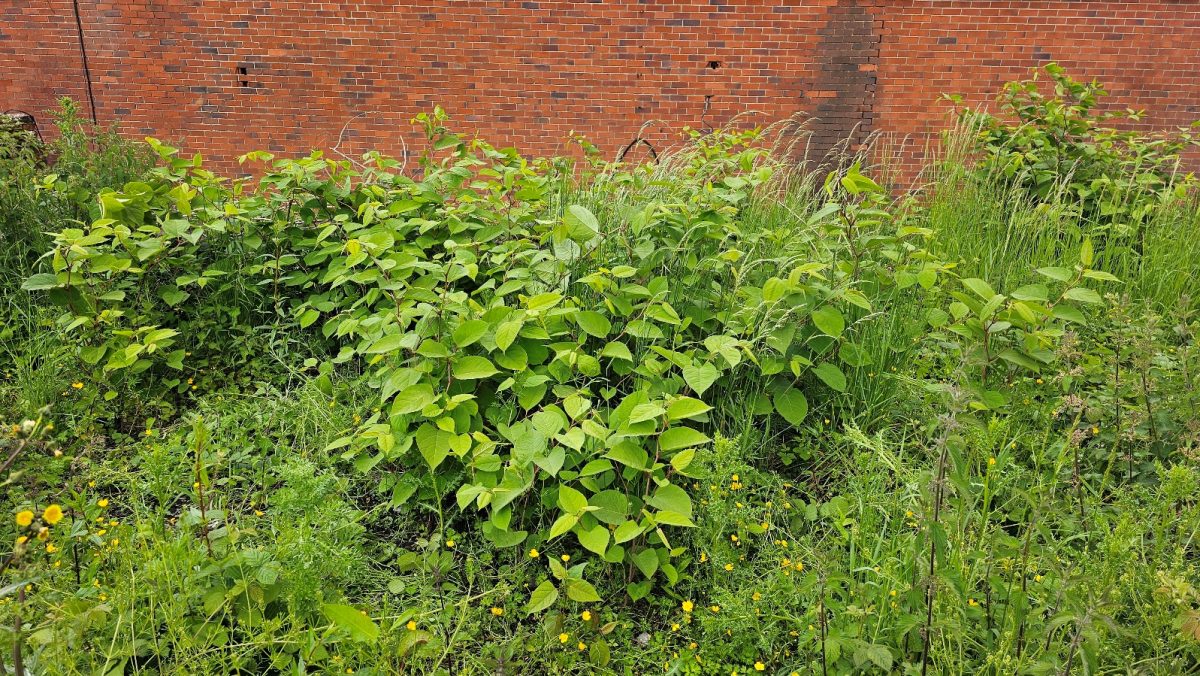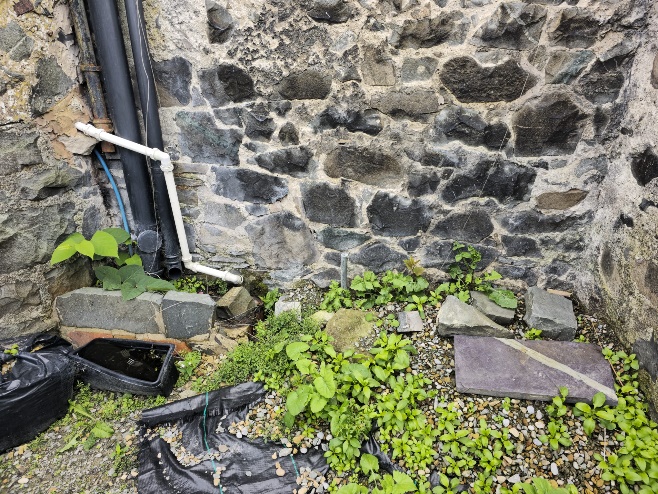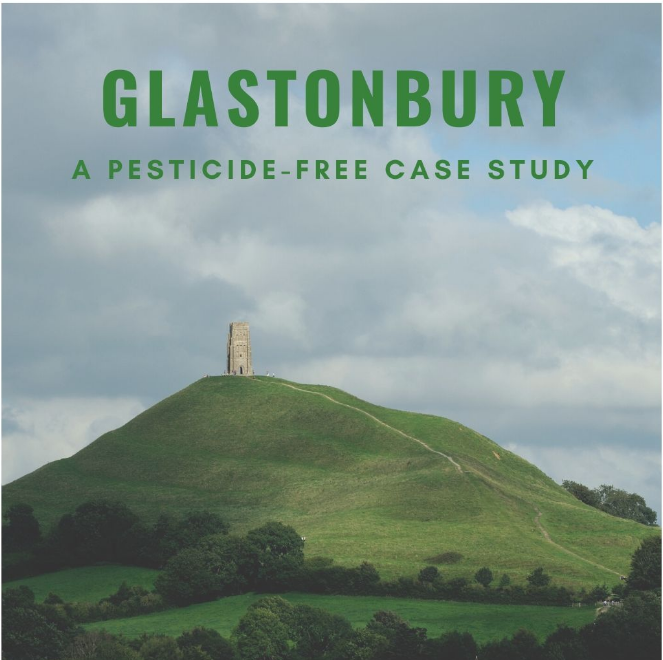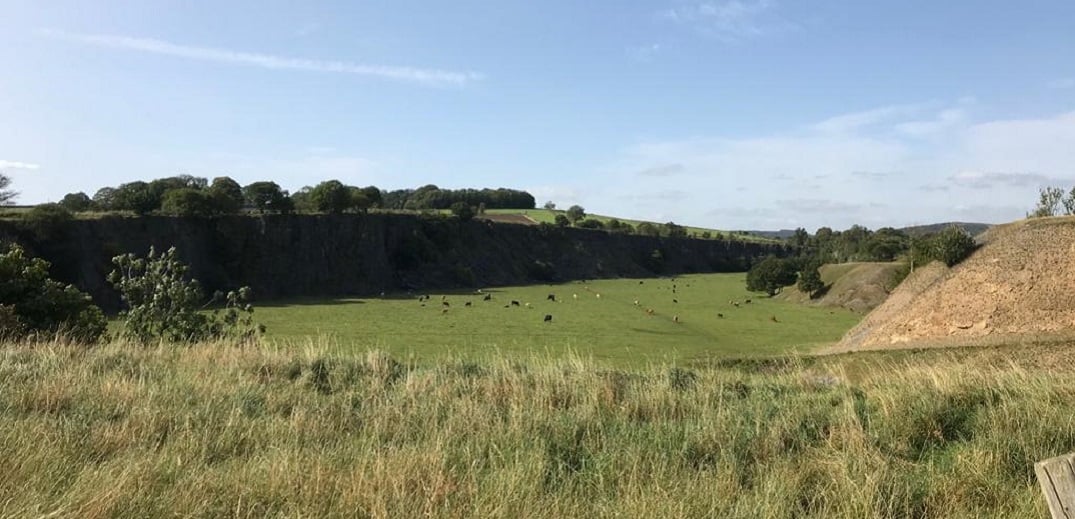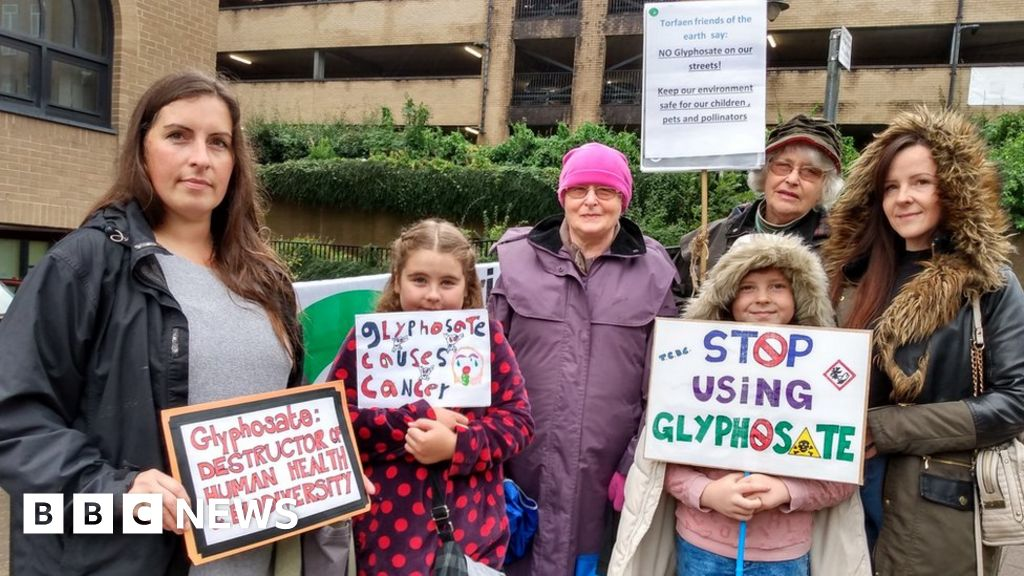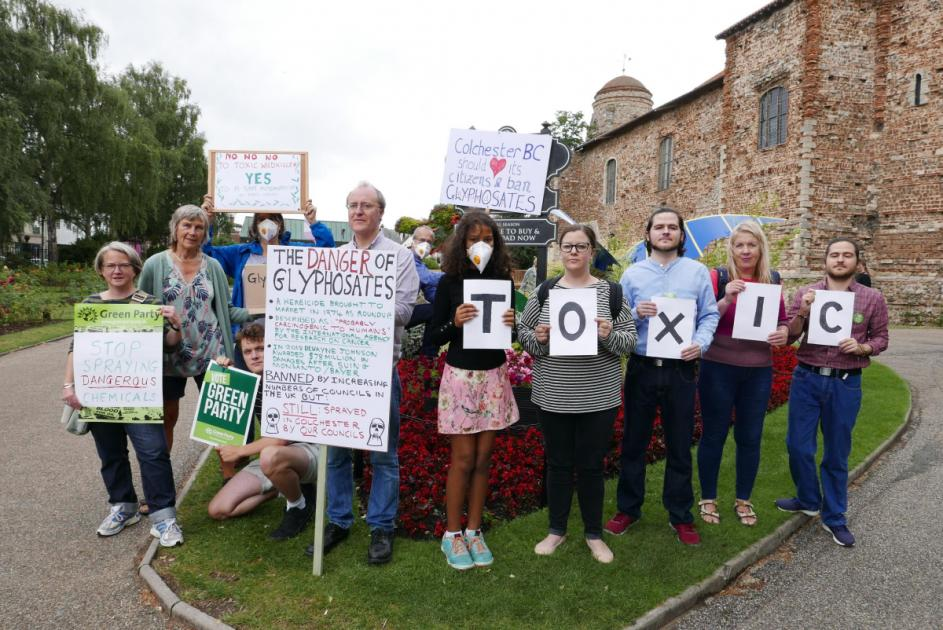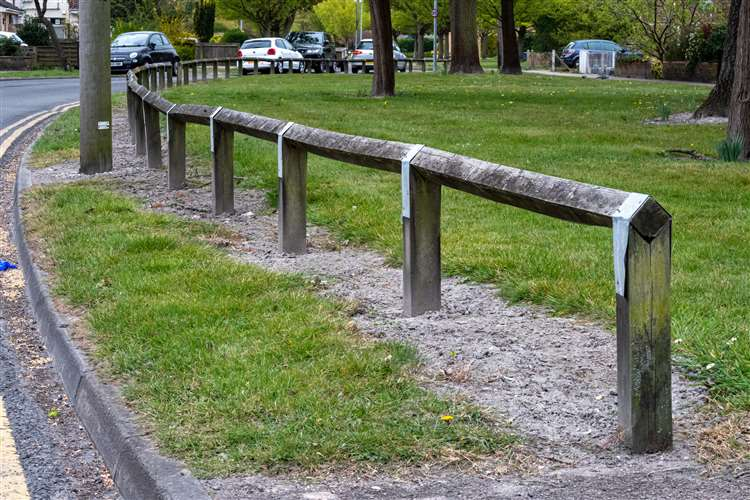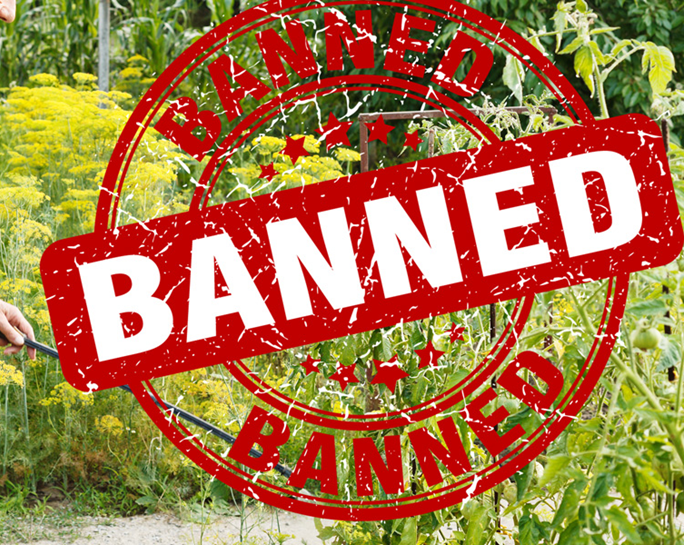Japanese Knotweed in Manchester: What Homeowners Need to Know About Identification, Surveys & the National Register
Japanese knotweed is a name that strikes fear into the hearts of homeowners, surveyors, and mortgage lenders alike. If you’re based in Manchester or the surrounding areas and have even the slightest concern that this invasive plant is on or near your property, acting fast is vital.
At the Japanese Knotweed Agency, we specialise in the identification, control, and removal of Japanese knotweed across the UK — and we’re proud to be recognised as one of the leading authorities in the industry. In fact, we currently hold the #1 ranking for “Japanese Knotweed National Register”, and we’re a top result for “Japanese Knotweed Manchester” and “Japanese Knotweed Survey Manchester” — and for good reason.
What Is Japanese Knotweed?
Japanese knotweed (Fallopia japonica) is a fast-growing, highly invasive plant species that was originally introduced to the UK in the 19th century as an ornamental garden plant. Unfortunately, it soon escaped cultivation and began to spread aggressively through both rural and urban environments.
Japanese Knotweed is the UK’s No.1 invasive plant species. There are 58, but Japanese Knotweed is the one that can cost your pocket thousands or even tens of thousands of pounds. It is not to be ignored!
This plant is incredibly resilient, with a deep rhizome (root) system that can grow through concrete, tarmac, drains, and the foundations of buildings. Left untreated, Japanese knotweed can cause serious structural damage, reduce property values, and even block or delay property sales.
Rhizomes can go 3 metres deep and up to 7 metres wide, where a new shoot will form and then spread again and again and again!
Why Is Japanese Knotweed a Problem in Manchester?
Manchester, with its mix of historic buildings, new developments, and industrial brownfield land, is a prime hotspot for knotweed outbreaks. The city’s dense infrastructure and high rainfall provide perfect conditions for the plant to thrive — especially where the land has been disturbed during construction or landscaping.
If you’re a homeowner, landlord, developer, or buyer in Greater Manchester, knotweed isn’t just a potential nuisance — it’s a legal, financial, and structural risk.
Common issues include:
- Mortgage lenders refusing to lend on affected properties.
- Neighbour disputes triggered by unchecked growth over boundaries.
- Structural damage from rhizome intrusion.
- Difficulties in selling or insuring affected properties.
What Does a Japanese Knotweed Survey Involve?
If you suspect knotweed on or near your property, the first step is to book a professional Japanese Knotweed Survey in Manchester. This survey forms the foundation for any responsible treatment or legal action and ensures you’re operating with accurate, expert information.
At the Japanese Knotweed Agency, our surveyors follow a nationally recognised methodology that includes:
- On-site inspectionto confirm the presence of Japanese knotweed on the property.
- Photographic evidenceand detailed notes on the extent of infestation.
- Analysis of potential spread, both above and below ground.
- Visual survey of neighbouring properties and grounds.
- Risk assessmentfor structural damage or legal liability.
- Recommendationsfor treatment, removal, or monitoring.
- Formal reportsuitable for use with mortgage providers, solicitors, and insurers.
Whether you’re trying to sell your home, secure a mortgage, or simply understand the risk, our Japanese Knotweed Survey is the first — and most important — step.
The Japanese Knotweed National Register: A Vital Tool for Property Owners
We’re proud to operate and maintain the Japanese Knotweed National Register — the UK’s most comprehensive, independently managed public database of reported Japanese knotweed sightings and survey results that anyone can check on our website.
While it isn’t the be-all and end-all, it relies on our surveyors, members of the public, walkers and caring people to report to us, it will give you an idea if and what number of reports we have had in a certain postcode, just type the first part of the postcode into the search bar and press search.
Why the National Register matters and why we are working towards it being THE JAPANESE KNOTWEED NATIONAL REGISTER, with a hope it will offer:
- Transparency: Buyers, sellers, and developers can access impartial information about historic or existing knotweed cases on or near a site.
- Accountability: If a previous infestation was treated, we can verify whether it was professionally managed and monitor for regrowth.
- Legal protection: Registering your case can help prove due diligence in legal disputes or neighbour claims.
- Peace of mind: Our database helps homeowners and buyers make better-informed decisions about property risk.
If you’ve had knotweed on your land, or if you’re buying property in a known hotspot like Manchester, registering with the Japanese Knotweed National Register is a wise step.
Learn more about the National Register here →
How to Identify Japanese Knotweed
It’s important to note that not all plants that look like knotweed are knotweed — and misidentifying the plant can lead to unnecessary panic or wasted effort.
Here are some key identification features:
| Season | Appearance |
| Spring | Red/purple shoots emerge from the ground, resembling asparagus tips. |
| Summer | Large, green, heart-shaped leaves with flat bases; hollow bamboo-like stems. White flowers appear late in the season. |
| Autumn | Leaves turn yellow; stems become brittle and woody. |
| Winter | Dead canes persist; the underground rhizome system remains active. |
Still unsure? Have a look at our Japanese Knotweed Gallery here
Book a Japanese Knotweed Survey in Manchester and let the professionals confirm it for you.
Legal Responsibilities for Homeowners
If Japanese knotweed is growing on your land, you aren’t legally required to remove it — but you are responsible for making sure it doesn’t spread onto neighbouring land. Failing to control knotweed can result in:
- Legal claimsfrom affected neighbours.
- Community Protection Notices (CPNs)under the Anti-social Behaviour, Crime and Policing Act 2014.
- Lender restrictionswhen trying to sell or refinance your property.
It’s not worth the risk. Booking a survey and registering your case is the best way to protect yourself and your property.
Our Treatment and Removal Services
At the Japanese Knotweed Agency, we don’t just diagnose the problem — we solve it.
Our network of certified contractors and remediation partners across Manchester and the UK provide:
- Thermo-electric treatment plans, non-chemical and 100% environmentally friendly
- Excavation and Off-Site Disposal / Excavation and sift
- Root Barrier Installations
- Pre-construction site clearance
- Monitoring and regrowth guarantee
Every treatment plan is tailored to the needs of your property — whether you’re a homeowner preparing to sell, a developer managing a construction site, or a landlord looking to preserve property value.
Why Choose the Japanese Knotweed Agency?
✅ Industry Leading Expertise
We’ve helped thousands of property owners and professionals across the UK with knotweed identification, surveying, and remediation.
✅ National Register Authority
We maintain the #1 Japanese Knotweed National Register, an independent, publicly accessible database used by surveyors, solicitors, and insurers.
✅ Manchester Specialists
Our local knowledge and high visibility for Japanese Knotweed Manchester searches mean you’re working with the most relevant experts. We cover the whole of England and Wales and now we are also in Ireland, but Manchester is where our HQ is.
✅ Accredited & Insured
Our professionals work to British standards and are fully insured for survey and remediation services.
✅ Homeowner Friendly
We speak your language — no jargon, no upselling, just honest advice and reliable service.
Act Now — Book a Japanese Knotweed Survey in Manchester
Whether you’ve just spotted something suspicious in your garden, you’re trying to sell a property, or you want to ensure your home is protected, acting early is key.
Japanese Knotweed doesn’t go away on its own — and the longer it’s left untreated, the more expensive the problem becomes.
📞 Call us today
📝 Book your survey online
🗂️ Register your property with the National Register
Visit the Japanese Knotweed Agency Website →
EMAIL US: CONTACT@JAPANESEKNOTWEEDAGENCY.CO.UK
FREECALL: 03335 777 888
